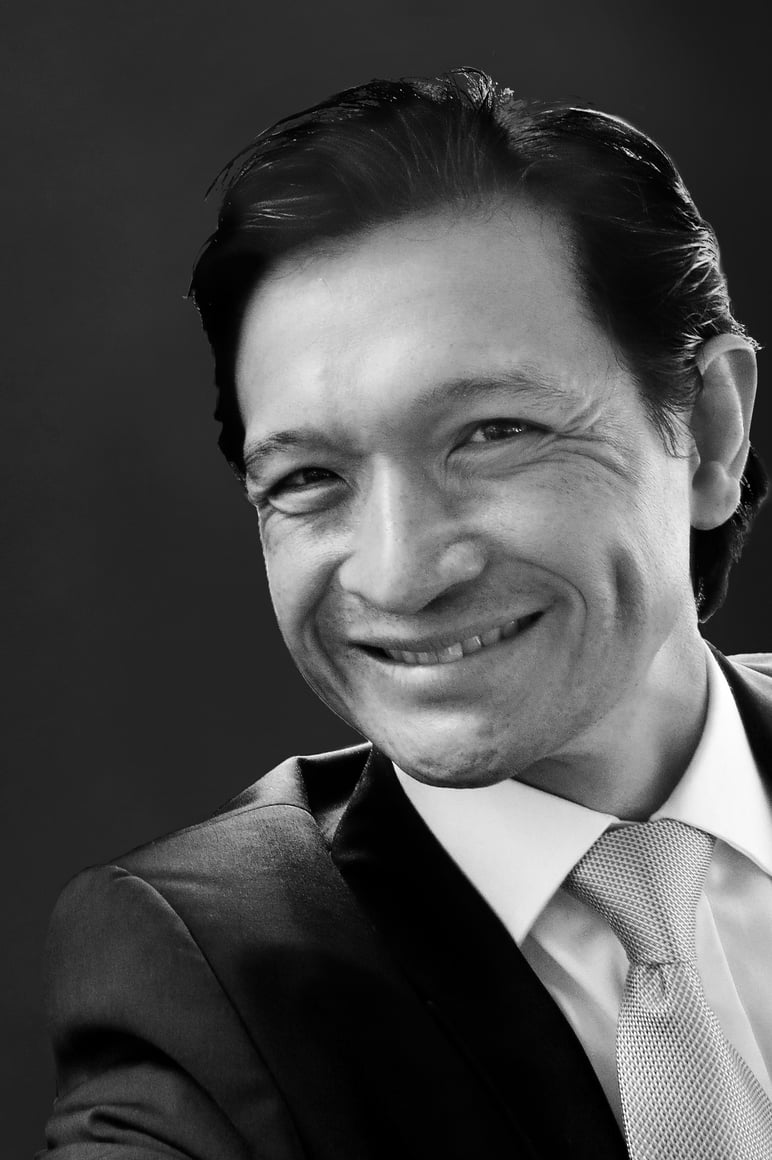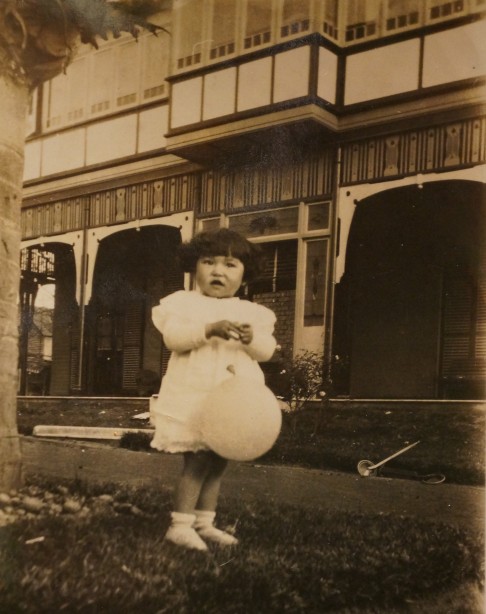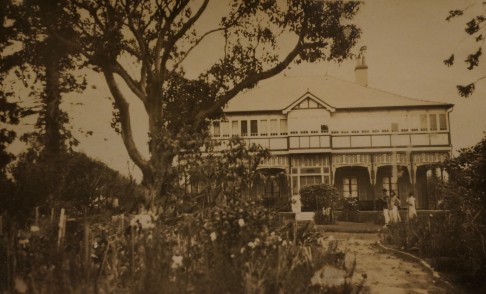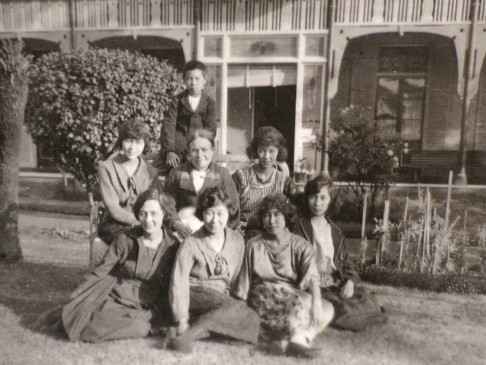
Show me the money: Why tales of lost fortunes, real and fake, resonate for diaspora Chinese
Tangled family mythologies - including the author's - help make cons like the 'Chinese gold scam' seem plausible
Secrets and mysteries. Chinese diaspora families seem to be full of them.
There are lost riches and enigmatic relatives. Half-remembered tragedies and branches of the family tree that defy anything but whispered explanations.
Ask your aunt, your mother will suggest. The elder will get a faraway look in her eye - it’s too long ago, I don’t remember, she’ll say. Don’t drag that up again. But catch her in a quiet moment and she just might spill the beans.
My family was no exception. In our case, the mystery surrounded a fleeting family fortune, supposedly won and lost in our great-grandparents’ generation. What kind of fortune, my siblings and I would wonder, living our happily obscure childhoods in rural Australia. A big one. The story somehow involved ships and China, and war.
We knew the fortune had been real, because my grandparents used to lived in a once-famous Sydney mansion named Milton House. There were photos from the 1920s of my grandmother and her relatives in flapper outfits at Milton House, which sat on a four-acre estate in what is now the suburb of Ashfield and which was previously owned by Henry Parkes, the father of Australian federation. It looked like a Chinese-Australian version of the Great Gatsby.
Whatever happened to all that money, we would wonder. Where did it go? It certainly never reached us.


There is a commonality to these kinds of family mysteries that make them vaguely familiar to many in the Chinese diaspora, whether they are in Sydney or Vancouver or San Francisco (they are also great fodder for “Joy Luck Club”-type fiction). These are tales rooted in the turmoil of China in the 20th century, with children and wealth scattered by war and revolution and national upheaval.
I was reminded of this when a tattered-looking document popped up in a press release issued by Richmond, BC, police a couple of weeks ago. It was a will, supposedly written on “a new-moon day in the 2nd month of winter of 1957”. It told of an ill-starred family, and concluded with a tantalising story about a buried treasure.
But in this case, the tale turned out to be completely untrue. The will was a fake, part of a so-called “Chinese gold scam”. These scams probably seem crazy to the wider population in (say) Vancouver. But to some in the Chinese diaspora, there are just enough familiar elements – the broken family, the war, the lost fortune – that a small number will fall for the scam entirely.
“For generations, our family has been merchants of some substance. I have had three sons, with the eldest a deputy military officer who was killed in action. My second son ran a business in Canada and my youngest son stayed with me,” reads the fake will, in the name of “Chen Yilin”.
“In 1949, civil wars and the imminent fall of China forced me to take my youngest son overseas to Canada to seek out our relatives. But he was reluctant to leave our burgeoning family business behind and therefore returned to China. I have not heard from him since.
“Now that I am old and ailing with my days numbered, I eagerly hope to reunite with my sons. I have buried under a wall of my home all the small gold items I had taken with me when I left China. These items include gold ingots and Buddha figurines.”
The scam works like this. One of the hoaxers, posing as a manual labourer, approaches a member of the Chinese community, claiming to have unearthed the treasure and the will on a construction site. But the worker must rush back to China, and cannot risk smuggling a bag of gold. So he offers to sell it for an incredibly low price.
You know where this is heading. The gold, of course, turns out to be fake.
In the BC case, fraud charges were laid on June 25 against a 44-year-old Chinese national living in Richmond, who allegedly conned three Mandarin-speaking victims. “To my knowledge, this arrest is perhaps the first publicised of its kind in Canada,” said Corporal Dennis Hwang of Richmond’s Royal Canadian Mounted Police.
I’m sure the scam will pop up again. As long as Chinese families have secrets, there will be people whose own family mythologies help make the tales spun by the hoaxers seem plausible.

It collapsed amid the turmoil of revolutionary China, incurring huge losses for investors – including my great-grandfather’s estate. Chong’s widow, my great-grandmother Quan-ying Chong, sued Yee Wing over the losses and won compensation, but the damage was irredeemable. Once-grand Milton House was eventually carved up for subdivision, then sold.
What remained of the fortune was dissipated among the 12 children of my grandfather’s generation. But I hold out hope that maybe, just maybe, there is a bag of gold, buried somewhere. And a secret will. You never know.
*
The Hongcouver blog is devoted to the hybrid culture of its namesake cities: Hong Kong and Vancouver. All story ideas and comments are welcome. Connect with me by email [email protected] or on Twitter, @ianjamesyoung70.

